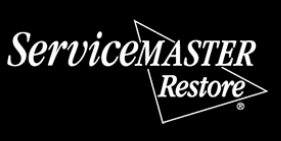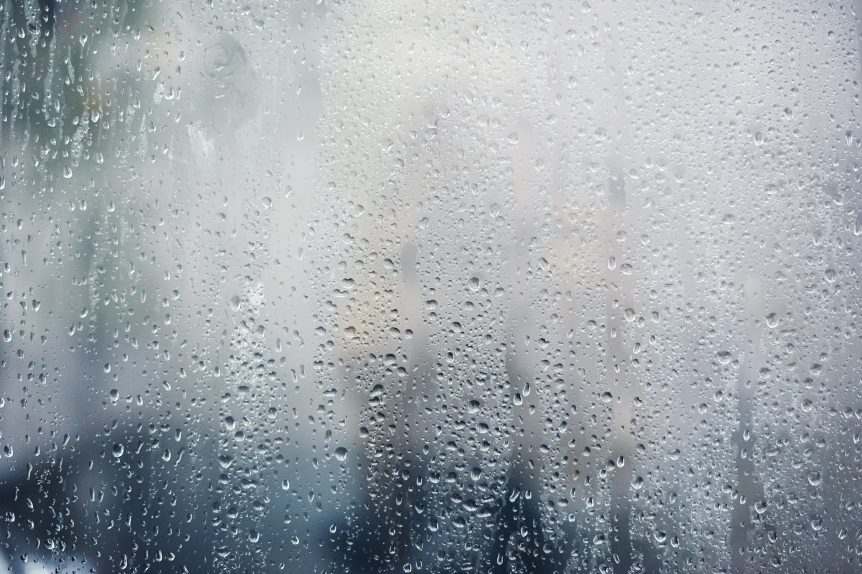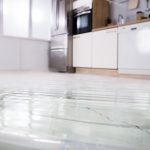After a cold, dark, snowy winter, spring is often a much welcomed season that can be uplifting. The natural world is filled with more life and colors, and the weather tends to be warmer. But the spring season also means an abundance of rain.
If your home isn’t properly protected and waterproofed, then the heavy rainfall of spring can easily lead to flooding. Water is more likely to make its way toward your home, leaking into your basement if the ground is still too frozen or too saturated to absorb water.
Home flooding can result in severe water damage, and the severity of the damage only increases the longer the damage goes unaddressed. Porous building materials and furnishings will absorb as much water as possible, which ruins their structures in the process.
The presence of water also provides mold spores with the moisture source it requires to trigger mold growth. Without proper mold remediation, mold growth will cause damage of its own, adding on to the already serious issue. But the disaster can become even worse if a sewage backup is involved.
Sewer backups can occur at any time of the year, and there are various causes for it. But homeowners should be especially concerned about the potential for sewage backups in the spring because of how they can be caused by spring flooding.
Continue reading to learn more about how spring flooding can lead to a sewage backup and how you can prevent spring flooding.
What Causes a Sewer Backup? 
There are numerous reasons a sewer backup could occur, such as clogged pipes or damage to the system. In terms of spring weather and the flooding it can cause, the overwhelming amount of rainfall can be the reason why a sewage backup happens.
When there is a large amount of rainfall, you might be concerned about the water making its way into your home. However, you should also be concerned whether that much water can fit into your home’s drainage system.
Drainage systems have a capacity, so they can only hold so much water at once. If there is a significant amount of rainfall or a mix of rain and melted snow, then the system may not be able to handle it all. In such a case, all of the water cannot enter the drainage system. Instead, the water overflows, eventually causing the wastewater to flow right back into your property.
When a sewer backup occurs, hazardous wastewater enters your home and causes water damage. Furthermore, the water contains bacteria and other harmful pathogens which worsen the damage while putting the health of you and your family in danger.
Knowing this, it is important that homeowners do what they can to limit the possibility of sewage backups and home flooding, and to contact a water damage restoration company as soon as possible.
How Do I Prevent Sewer Backups and Home Flooding?
Rainfall is going to happen whether you like it or not. Your home’s drainage system and whether it is connected to the sewage system is also something you likely do not have much control over. But that does not mean rain and sewage-contaminated water has to make its way into your home and cause a big flood cleanup project.
There are multiple things you can install to prevent home flooding.
Use an Automatic Backwater Valve
What’s great about automatic backwater valves is that they only let water flow one way. So if the valve directs water away from your property, then it can’t flow back toward it.
The valve will close if sewer water gets above the house drain, preventing that water from entering the valve. It reopens itself automatically once water levels drop, signaled by the air decompression.
Add a Sump Pump
Sump pumps are a common product used to prevent home flooding in the basement. Installed in the foundation, a sump pump will accumulate excess water and pump it away from your residential property once it has filled up. This prevents the water from causing flooding or a sewage backup.
If you already have a sump pump installed, then you need to remember to test it annually. Otherwise, the sump pump might fail and cause flooding. When you test the sump pump, you should clear any debris from the pit and make sure the discharge pipe is clear.
Hiring a plumber to inspect your home’s sump pump is also a good idea because they can let you know if it is still in good working condition or if you need to install a replacement.
Install a Water Alarm
There are numerous types of water alarms available for purchase and they are generally inexpensive, making them a great choice if you are looking to prevent flooding in your home. Our water restoration technicians recommend water sensors, which are especially helpful if your home is known to suffer from water leaks.
When you install a water alarm, the sensor will alert you of any instances where water starts to accumulate. Then you will be aware of the issue and can address the problem before it gets worse.
Professional Flood Damage Cleanup Help
If your home experiences spring flooding, then you need to get immediate help — regardless of whether it also involves a sewage backup. The water will ruin your property and belongings, and the damage it causes will only increase with time. If sewage is involved, then the damage worsens and presents health hazards.
At ServiceMaster Disaster Restoration and Recovery, we provide flood damage cleanup services in San Francisco, CA, and the neighboring communities in the Bay Area. Our flood damage cleanup also entails sewage cleanup, so we are able to assist you if your home is affected by sewage.
Our professional technicians are experienced and equipped with advanced water extraction equipment, so you can trust that we will provide quality flood damage and sewage cleanup services. After removing all excess water and moisture, our technicians thoroughly dry the affected areas and will restore damaged materials and items.
With help from ServiceMaster DRR, your home will be clean, dry, and safe to live in again.

Steve VanDenBerg is the owner of ServiceMaster Disaster Restoration and Recovery. He has over 30 years of experience working within the restoration industry and successfully leading start-ups, turnarounds, acquisitions and mergers, and rapidly growing companies.
Steve earned his BS in Business & Accounting from Calvin University in Grand Rapids, MI and began working for DSI Holdings as their Chief Financial Officer. When Steve began with DSI Holdings, they were running an underperforming ServiceMaster Restore franchise with one location. Steve implemented new policies and procedures for accounting and finance as well as a professional sales plan that increased profits eightfold over his time as the CFO. He was then promoted to President and CEO and in this time, he expanded the company from two locations with $4M in sales to 12 locations and $45M in sales. DSI Holdings became one of the largest disaster restoration companies in the U.S. and helped with major restoration projects throughout the U.S. and around the world.
Steve purchased ServiceMaster DRR in 2015 when the business was in decline. Drawing on his years of experience in turning around struggling ServiceMaster franchises, Steve overhauled our operations, including finance, sales, and marketing, which led to a quick turnaround. Within Steve’s first 24 months, sales increased by 60 percent. Steve also helped greatly improve our operating margins and established a relationship with California’s largest residential insurance company. Under Steve’s leadership, we have become one of the largest disaster restoration providers in California.
Steve has found great success in turning around struggling and stagnant restoration franchises by changing the business model and strategy, greatly increasing sales and profits. Many of the changes he has implemented have even been adopted by the franchisor into their operating model.




